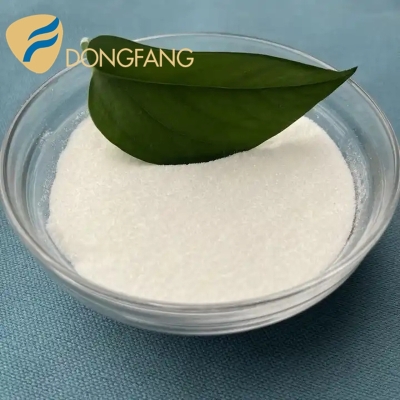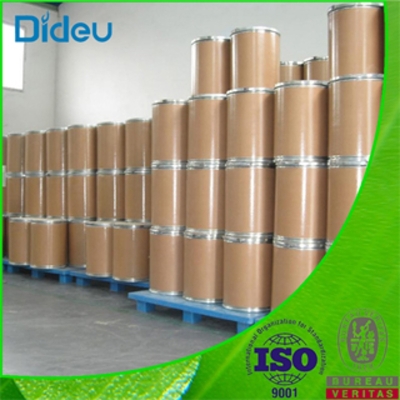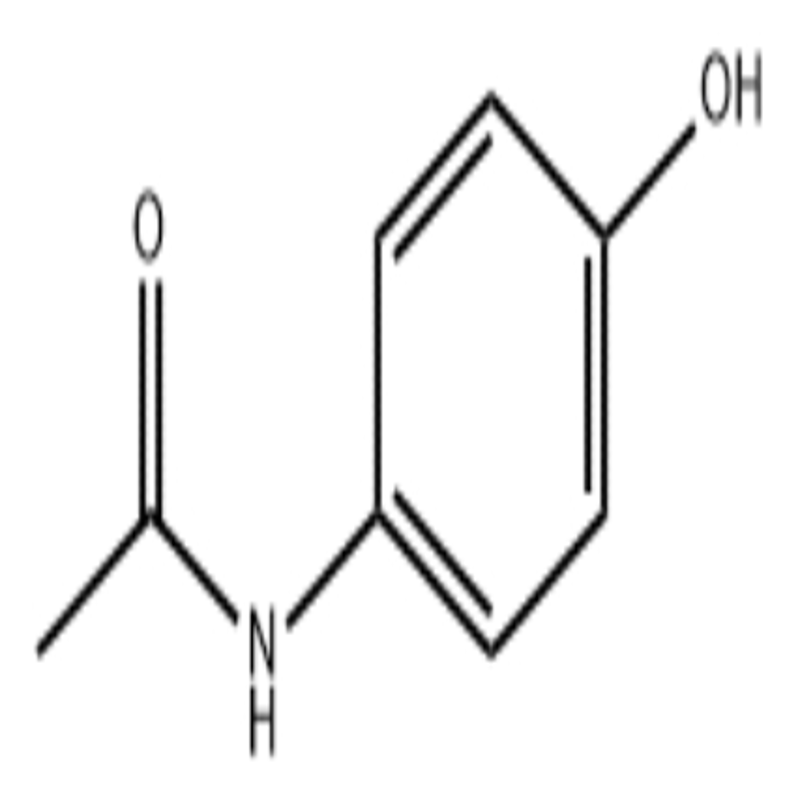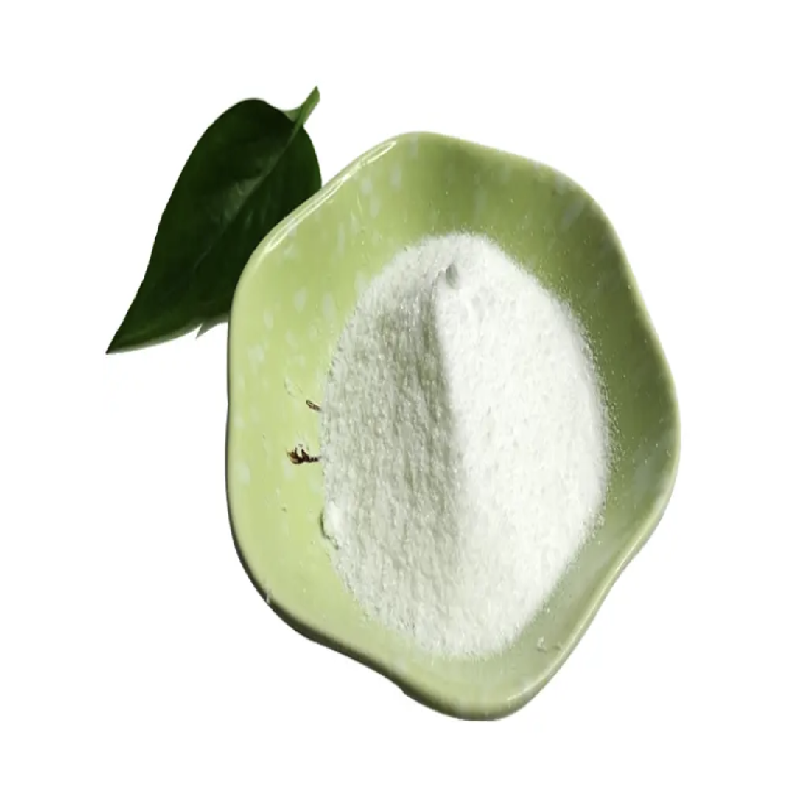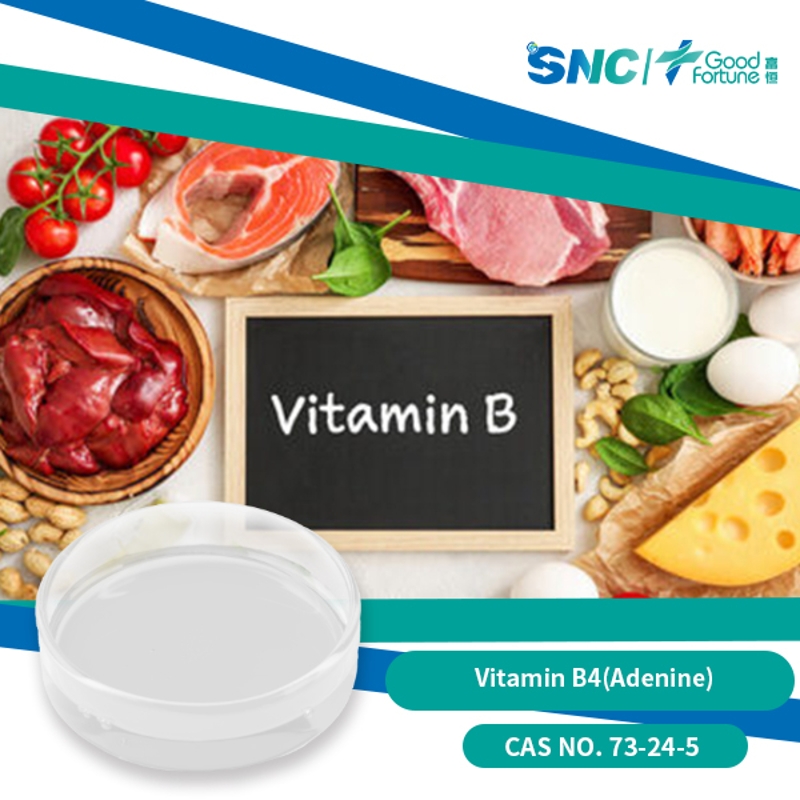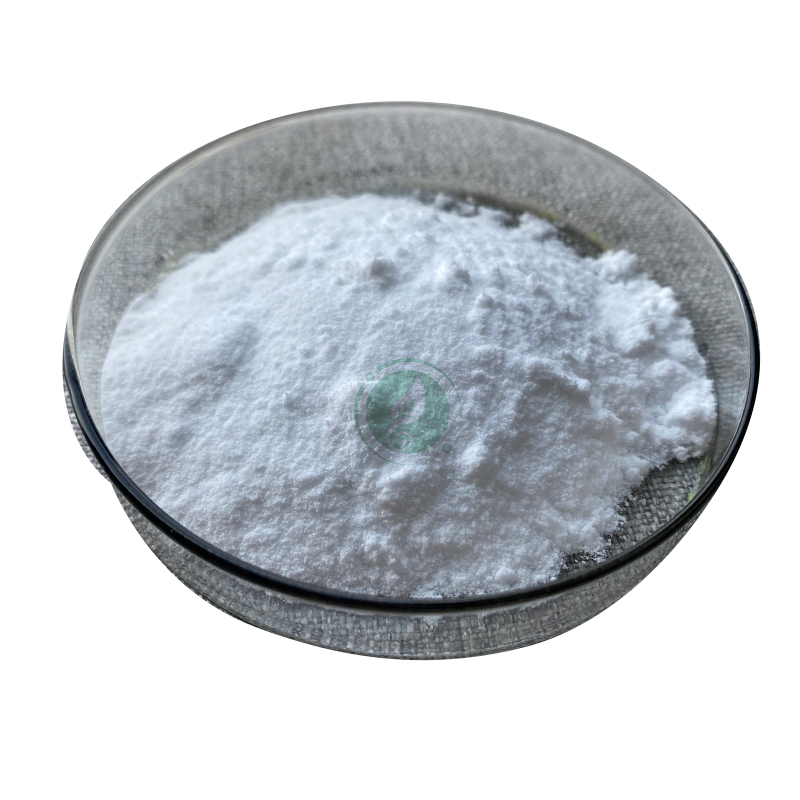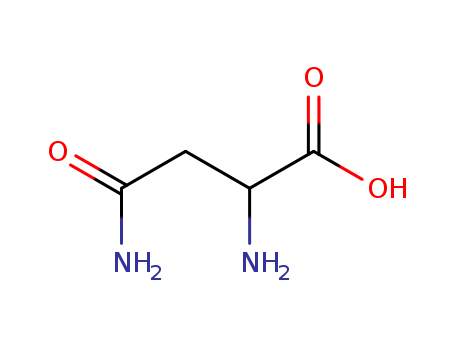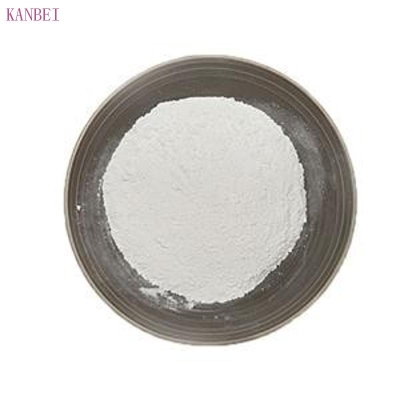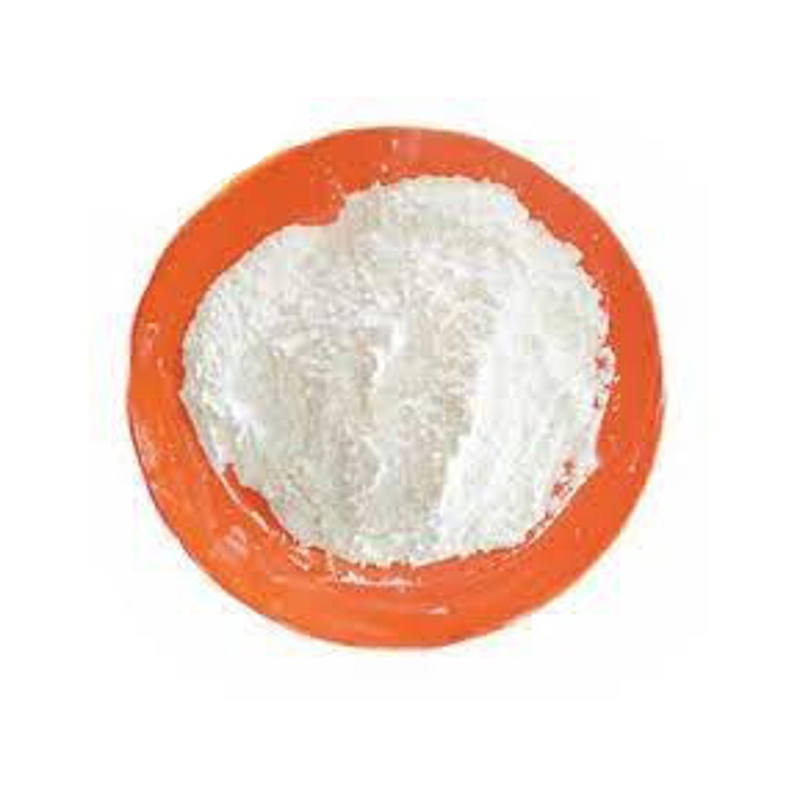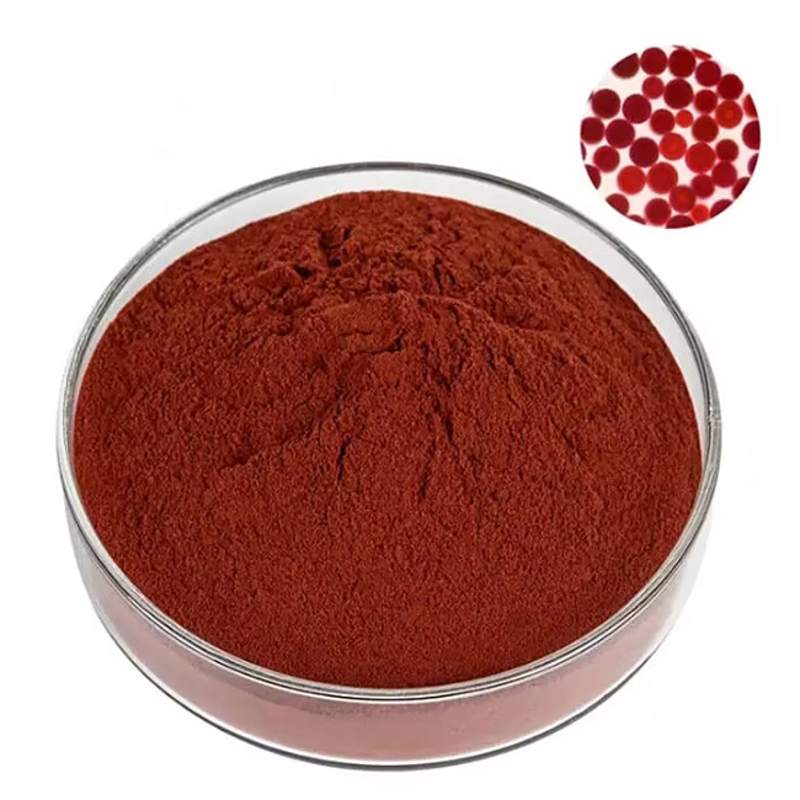Cosmetic Ingredient
- • Abrasive (124)
- • Absorbent (84)
- • Anticaking (66)
- • Anticorrosive (25)
- • Antifoaming (19)
- • Antimicrobials (290)
- • Antioxidant Ingredient (393)
- • Antiperspirant (20)
- • Antiplaque (48)
- • Anti-seborrheic (38)
- • Anti-sebum (39)
- • Antistatic (458)
- • Astringent (162)
- • Binding Agent (172)
- • Bleaching Agent (53)
- • Buffering (191)
- • Bulking (109)
- • Chelating (122)
- • Cleansing (679)
- • Cosmetic Colorant (212)
- • Cosmetic Preservative (158)
- • Denaturant (45)
- • Deodorant (98)
- • Depilatory (27)
- • Dissolving Agent (298)
- • Emollient (795)
- • Emulsifying Agent (480)
- • Emulsion Stabilising (154)
- • Exfoliating (19)
- • Film Forming (299)
- • Flavouring (72)
- • Foam Boosting (161)
- • Foaming (101)
- • Fragrance Ingredient (726)
- • Gel Forming (19)
- • Hair Conditioning (670)
- • Hair Dyeing (363)
- • Hair Fixing (36)
- • Hair Waving or Straightening (45)
- • Humectant (282)
- • Hydrotrope (92)
- • Keratolytic (20)
- • Light Stabilizer (80)
- • Moisturising Agent (50)
- • Nail Conditioning (42)
- • Occlusive (20)
- • Opacifying (119)
- • Oral Care (123)
- • Oxidising (19)
- • Perfuming (2105)
- • Plasticiser (98)
- • Propellant (19)
- • Reducing (50)
- • Refatting (12)
- • Refreshing (26)
- • Skin Cleansing (388)
- • Skin Conditioning (1751)
- • Skin Humectant (21)
- • Skin Protecting (282)
- • Smoothing (31)
- • Soothing (71)
- • Tonics (155)
- • UV Filter (34)
- • Viscosity Controlling (532)
Chemicals as Skincare Ingredients
Related News
-
Shell Considers Partnering with the U.S. and Closing European Chemical Assets
2025-03-26 -
Price Surge Alert as Major Suppliers Increase Barium Sulfate Costs by 200 Yuan per Ton
2025-03-20 -
Quaker Houghton Acquires Dipsol Chemicals, Strengthening Advanced Solutions Portfolio
2025-03-27 -
AstraZeneca to Invest $2.5 Billion to Establish Global Drug R&D Center in Beijing
2025-03-25 -
Saudi Aramco CEO: Invest in downstream projects in China's energy, chemical and other fields
2025-03-28 -
Dow's Silicones Downstream Expansion Project in Zhangjiagang Launches and Drives Market Innovation
2025-03-21
Sort Skin Conditioning Alphabetically
Skin Conditioning
-
![Aluminate(1-), octaoxotrisilicate-, potassium buy Aluminate(1-), octaoxotrisilicate-, potassium]()
-
![Aluminate(1-), octaoxotrisilicate-, potassium buy Aluminate(1-), octaoxotrisilicate-, potassium]()
Industrial Grade / 99.0%
-
![Aluminate(1-), octaoxotrisilicate-, potassium buy Aluminate(1-), octaoxotrisilicate-, potassium]()
-
![Aluminate(1-), octaoxotrisilicate-, potassium buy Aluminate(1-), octaoxotrisilicate-, potassium]()
Industrial Grade / 99%
Request for quotation , get quotes from more suppliers.
-
![Aluminum oxide hydroxide buy Aluminum oxide hydroxide]()
Industrial Grade / 99.0%
-
![Aluminum oxide hydroxide buy Aluminum oxide hydroxide]()
-
![Aluminum oxide hydroxide buy Aluminum oxide hydroxide]()
Industrial Grade / 99%
Request for quotation , get quotes from more suppliers.
Alanine
(302-72-7)-
Food Grade / 99.9%
-
Industrial Grade / 99%
-
-
- / 0.00%
Request for quotation , get quotes from more suppliers.
Acetaminophen
(103-90-2)2. Dispersing agent in liquid scintillation counting
3. Analgesic; antipyretic
-
Medical grade / 99%
-
- / 99%
$5-6/KG FOB
-
Pharmacy Grade / 99.9%
-
Industrial Grade / 99%
Adenine
(73-24-5)2. Vitamin B4
3. Widespread throughout animal and plant tissues combined with niacinamide, d-ribose, and phosphoric acids; a constituent of nucleic acids and coenzymes, such as codehydrase I and II, adenylic acid, coalaninedehydrase. It is used in microbial determination of niacin; in research on heredity, virus diseases, and cancer.
4. Enteric coating
5. A purine nucleobase and a component of DNA
-
Pharmy grade / 99%
-
- / 99%
-
Industrial Grade / 99%
-
- / 99.00%
Request for quotation , get quotes from more suppliers.
Source Skin Conditioning Products Supply
Adenosine
(58-61-7)-
Pharmacy Grade/ Cosmetic grade / 99%
-
Cosmetics Grade / 99%
-
Cosmetics Grade / 99%
-
Cosmetics Grade / 99%
-
- / 99.00%
-
Industrial Grade / 99%
-
Industrial Grade / 99%
-
![DL-Asparagine monohydrate buy DL-Asparagine monohydrate]()
Request for quotation , get quotes from more suppliers.
Allantoin
(97-59-6)-
Cosmetic/Food/Pharmaceutical Grade / 0.00%
-
Cosmetics Grade / 99%
-
Cosmetic Grade / 99.00%
-
Cosmetics Grade / 99%
Request for quotation , get quotes from more suppliers.
Astaxanthin
(472-61-7)-
Cosmetics Grade / 10%
$475-600/KG EXW
-
Cosmetics Grade / 10%
-
Cosmetics Grade / 5%
-
cosmetics Grade / 5%
Request for quotation , get quotes from more suppliers.
Amino acids
(65072-01-7)-
-
Industrial Grade / -
-
Pharmacy Grade / 99%
-
Agricultural Grade / 80%
$2350-2450/MT FOB
More Information
Skin conditioning are the collective name for ingredients in cosmetics that have effects on the skin, such as whitening, moisturizing, anti-aging, and acne removal. In jargon, they are also called active ingredients in cosmetics. These agents work by replenishing the skin's natural lipid barrier and enhancing its ability to retain moisture, resulting in softer, smoother, and more supple skin.
When skin conditioning agents are applied to the skin, they form a protective layer that helps to seal in moisture and prevent water loss. This barrier also helps to shield the skin from environmental aggressors such as harsh weather conditions and pollutants, promoting overall skin health and resilience.
Common Skin Conditioning
•Whitening agents: reduce melanin deposits and lighten discoloration
•Antibacterial agents: prevent or reduce skin bacterial infections
•Anti-allergic agents: reduce allergic reactions to irritants












